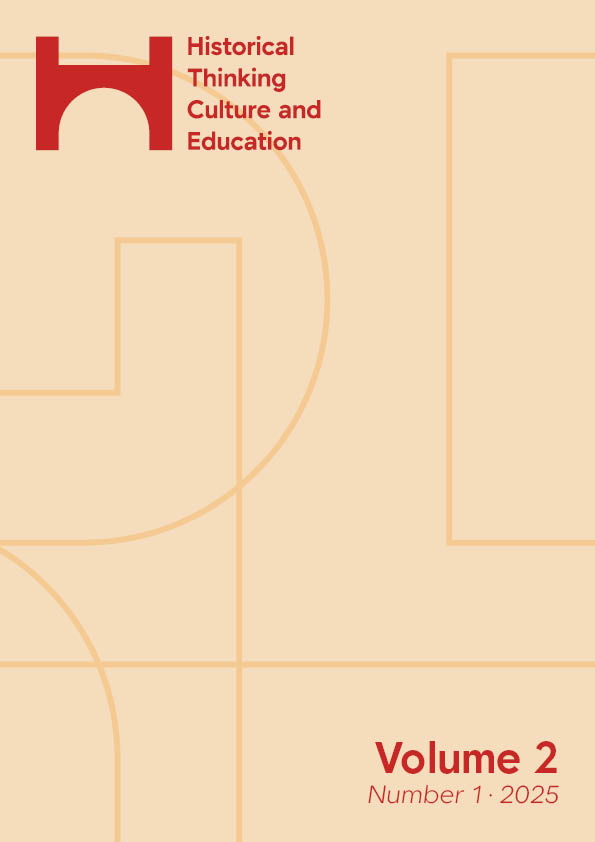Abstract
This article is about how dealing with historical experiences of violence and their victims shapes politically relevant attitudes towards violence and how this can be anchored in history didactics. We are interested in the situation in which events that occurred far in the past do not leave pupils indifferent, but rather affect them. Using a nationwide history competition among Russian students, we examine several dozen student works to understand how students engage with narratives about victims and what reactions these narratives evoke. Our findings show that while students show great sympathy for the suffering of victims, this sympathy does not necessarily translate into an attitude that can prevent future violence and promote attitudes critical of power. We argue that historical consciousness arising from the emotional confrontation with historical experiences of suffering is strongly dependent on the prevailing political culture.

This work is licensed under a Creative Commons Attribution-ShareAlike 4.0 International License.
Copyright (c) 2025 The Author(s)


